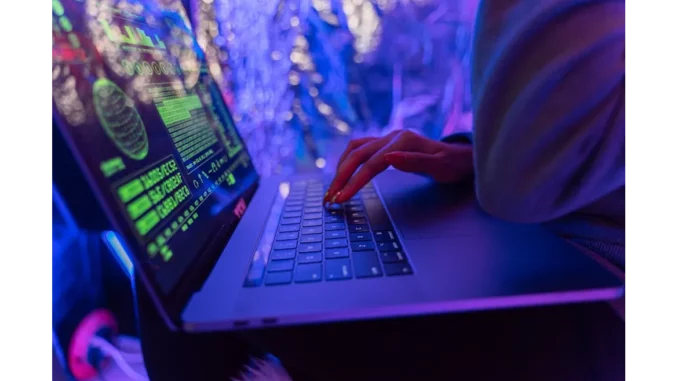
Summary
Deloitte Dismisses Ransomware Breach Claims Despite Threat Actor Allegations
Deloitte, a leader in global accountancy and audit, firmly refutes claims by the Brain Cipher ransomware group of a system breach, maintaining that its internal systems remain uncompromised. The allegations, which suggest data extraction from a client network rather than Deloitte’s own, have prompted a rigorous internal investigation, underscoring the cybersecurity challenges faced by major corporations in an increasingly volatile digital environment.
Main Article
A Close Examination of the Allegations
In recent weeks, Deloitte has found itself at the centre of a cybersecurity storm, as allegations from the cybercriminal group Brain Cipher suggested a breach of its systems. The ransomware gang claimed to have accessed and extracted 1GB of data, casting a shadow over the firm’s formidable reputation for security.
Rebecca Langford, a cybersecurity consultant closely affiliated with Deloitte, offers a clear perspective on the issue. “The media loves a sensational story,” Langford noted during an interview, “but it’s essential to distinguish between reality and rumour. No breach of Deloitte’s systems has occurred.”
Deloitte’s Comprehensive Investigation
Deloitte’s public stance is one of unequivocal denial. The firm has conducted an exhaustive investigation, involving both internal cybersecurity teams and external experts, to provide assurance that their systems remain intact. Langford detailed the process, explaining how the team meticulously analysed logs and scrutinised network activities to confirm the integrity of their operational environment. “Our focus is maintaining the trust of our clients,” she emphasised. “The data in question is linked to a client, residing on a completely separate network.”
Understanding Brain Cipher’s Tactics
The Brain Cipher group is notorious for its audacious cyberattacks. Their previous exploits include a high-profile breach of Indonesia’s Temporary National Data Center, marking them as a significant threat in the cybersecurity landscape. Langford described their methods as “unconventional,” highlighting their erratic behaviour—demanding ransoms, releasing decryptions, and making dubious claims of ethical hacking.
Despite these tactics, Deloitte remains confident in its cybersecurity measures. “We are always on alert,” Langford stated. “Our security protocols are robust and adaptive, designed to counter emerging threats effectively.”
The Broader Cybersecurity Context
Langford also reflected on the broader challenges confronting major firms like Deloitte in the realm of cybersecurity. “The threat landscape is continually evolving,” she said. “Cybercriminals are becoming more sophisticated, making it imperative for us to stay ahead of the curve.”
Her optimism about the future was palpable. “At Deloitte, we prioritise being proactive rather than reactive. Our dedicated team is always on the front foot, ensuring our security posture is unyielding.”
Detailed Analysis
Cybersecurity in a Shifting Landscape
The incident involving Deloitte highlights the precarious nature of cybersecurity for large enterprises. As digital threats become more sophisticated, organisations must continually update their defensive measures. Deloitte’s case illustrates the importance of a robust, multi-layered security approach that involves not only technology but also human expertise and vigilance.
Rebecca Langford’s insights underscore a crucial point: the line between client data and company data is often blurred in public perception. This incident serves as a reminder of the need for clear communication strategies and the importance of protecting client data as rigorously as internal assets.
The Role of Industry Collaboration
Langford also emphasised the importance of collaboration within the cybersecurity community. “Information sharing is vital,” she remarked. “By pooling resources and knowledge, organisations can better anticipate and neutralise threats.”
This collaborative approach is increasingly seen as a cornerstone of effective cybersecurity strategy, enabling businesses to respond more dynamically to the ever-changing threat landscape.
Further Development
Ongoing Vigilance and Future Strategies
As Deloitte addresses these allegations, the firm remains steadfast in its commitment to cybersecurity. The unfolding situation will likely prompt further scrutiny and may influence how similar organisations approach their security protocols. Deloitte’s proactive stance sets a precedent for the industry, highlighting the necessity of continuous adaptation and resilience.
Readers interested in the evolving cybersecurity domain can anticipate further coverage as Deloitte and other industry players navigate these complex challenges. Stay tuned for insights into how firms are innovating to protect their digital assets in an increasingly perilous cyber world.

